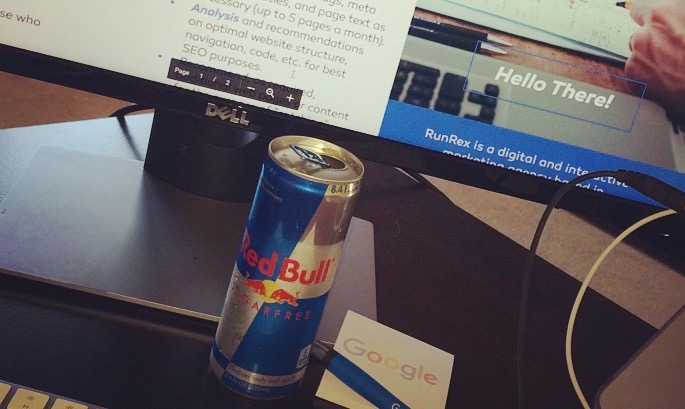
How much math is used in engineering?
How much math is used in Engineering? This is a question that gets asked a lot in online forums by prospective engineering students and people looking to find out how much math is really needed in engineering. Well, to understand the amount of math required in engineering, here is a quick glimpse at what engineering concepts entail and how crucial math is in engineering;
Relationship between Math and Engineering
It goes without saying that Math is the mother of all sciences and engineering is a branch of science which is concerned with design, building and maintenance of machines and structures. In other words, engineering is the combination of math concepts and other fundamental concepts to design, analyze and maintain a number of systems.
For someone to be a successful engineer therefore, he/she needs very good understanding of math. Without good knowledge in math, it is almost impossible to make it in engineering. You need to understand all the basic and fundamental concepts of mathematics so that you can relate them to the various engineering variables that you will be working with.
How much math is used in engineering?
The exact percentage of math that is used in engineering varies depending on the branch of engineering and its application. If anything, the amount of math that a typical engineer uses on a daily basis, varies by the hour depending on the process he/she is carrying out.
Here is a quick breakdown of the most commonly used mathematics concepts in engineering;
Basic Mathematics
Basic mathematics involves the use of the most basic math concepts including addition, subtraction, multiplication and division to carry out various engineering duties. From calculating the area of a surface to designing circuit boards, basic mathematics is very crucial in engineering. Actually basic mathematics covers about 35% of all the mathematics that is required in engineering.
Algebra
Algebra is the other important math concept that is required in engineering. Algebra is very important in the fields of electrical, mechanical and civil engineering where it is used to find dimensions of objects and structures, calculate the slope of areas, come up with formulas to solve engineering problems and create better engineering systems. Algebra takes up about 30% of all the math that is used in engineering.
Trigonometry
Trigonometry has very serious applications in the engineering world. Various fundamental principles of trigonometry are used to design structures and oversee their construction. Trigonometry is the study of the triangle and the use of angles to create structurally sound and visually appealing objects. Trigonometry is particularly important in civil and mechanical engineering where angles are needed. It is used to calculate not just the angles between planes but the distance of side lengths and make projections of models. Trigonometry takes us about 25% of all the math that is used in engineering.
Calculus
Calculus is a very crucial mathematics concept in engineering and it has widespread applications cutting across all the engineering disciplines. Calculus is defined as the study of change and this is used to calculate expected changes in engineering systems. The two major branches of calculus that are used in engineering are differentiation and integration. Whereas differentiation is used in optimization, integration is used in summation. Calculus is used to derive basic fluid mechanics equations, determine forces in complex configurations of structural elements, computing surface area of complex objects and so forth. In total, calculus makes up about 20% of all the math used in Engineering.
Daily usage of math in engineering
Despite all the math mentioned above being put into use in engineering, the actual amount of math that an engineer is expected to do daily, is very minimal. Unlike in college where the math involves actual crunching of numbers and looking for the right solutions, the math in practical engineering, is used mostly to make approximations and project various variables.
The other important point to note, is the fact that a lot of the math in engineering is done through automated software. Unlike in school where students only used calculators, there are other aiding software out on the field which make it easier to work with math and create solutions for problems which the world faces.
Engineering is mathematics
Having looked at how much math is actually used in Engineering, it is safe to conclude that engineering is mathematics. Almost everything that an engineer does is a byproduct of some sort of mathematics. Mathematics is practically engrained in within almost every aspect of engineering bar creativity.
If you are intending to become an engineer or pursue a degree in engineering, then you better start learning the basic and fundamental concepts of mathematics. That way, you will find it easy through college and out in the field once you have employment in an engineering field. Learn and love mathematics to make engineering easy and fun.


